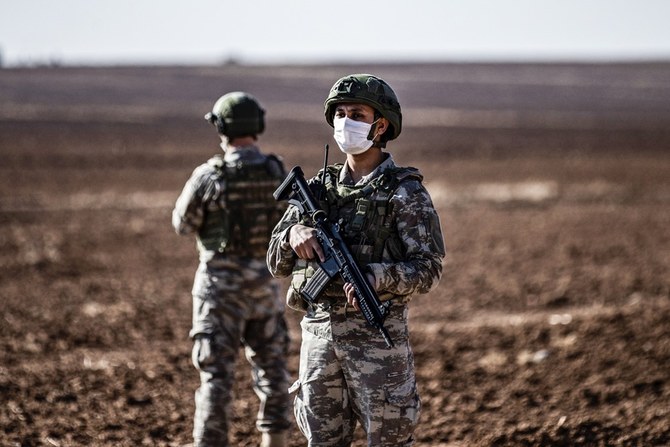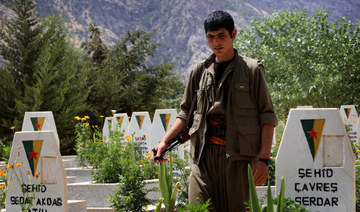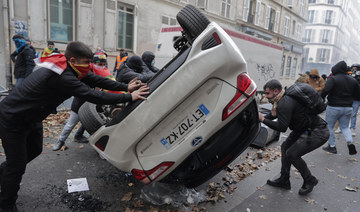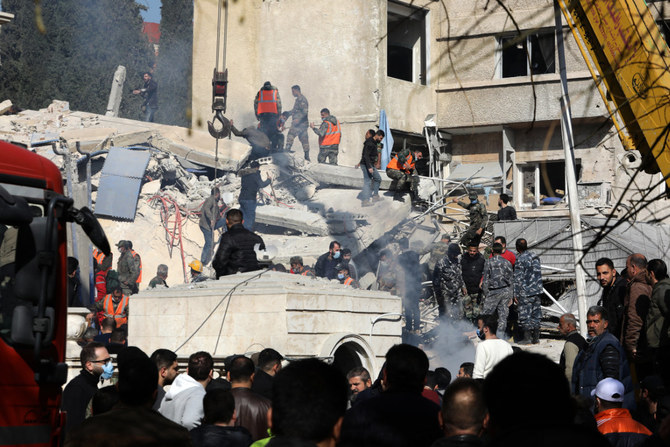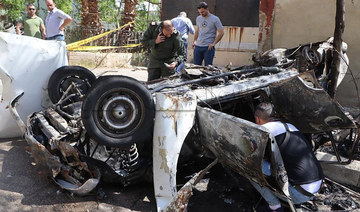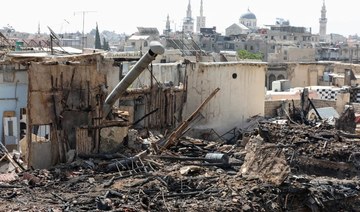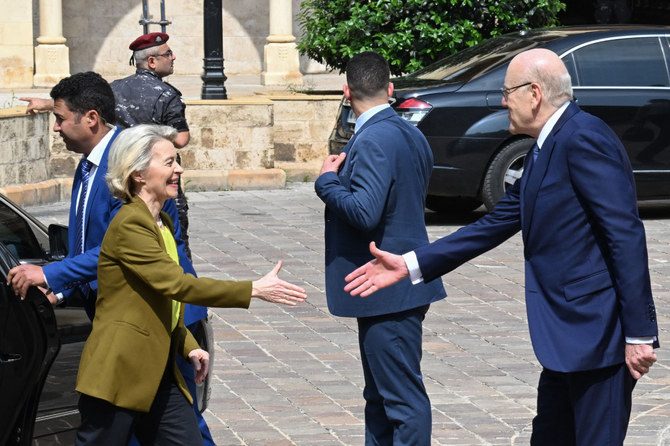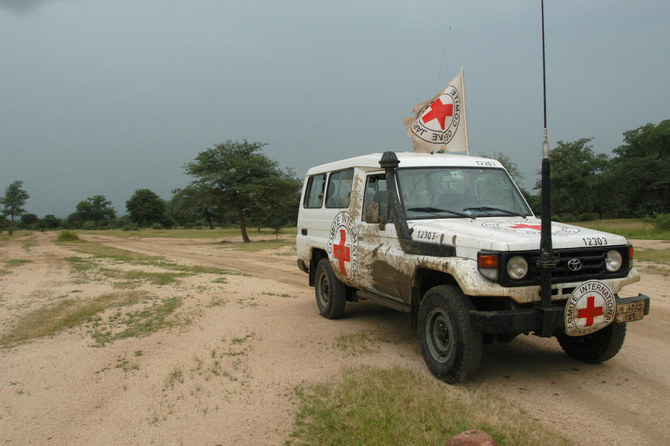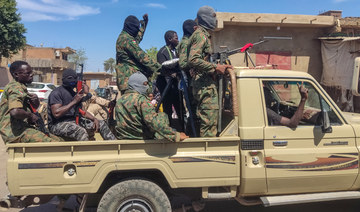ANKARA: All eyes are now on the security apparatus in Ankara and Turkiye’s next policy moves after the Kurdistan Workers’ Party declared an end to its four-month unilateral ceasefire.
It has sparked a debate on how it will impact Turkiye-US relations given the US presence in northeastern Syria and within the context of its local partnership with the Syrian Democratic Forces, a militia alliance led by the Syrian Kurdish YPG, considered the Syrian affiliate of the PKK.
Charles Lister, senior fellow and director at the Middle East Institute, tweeted: “Depending on how the PKK resumes attacks, this could place the US under considerable pressure in northeastern Syria, alongside the SDF.”
The ceasefire was implemented following the devastating earthquakes in February that hit both Turkiye and Syria and killed tens of thousands of people. It held during the election period in Turkiye.
KCK, the umbrella body representing the PKK’s regional structures, justified the end of the ceasefire by claiming that “Turkish forces continued assaults on PKK hideouts in the Qandil Mountains and the Iraqi Kurdistan region,” while “attacking civilians in Sinjar and Makhmour.”
The PKK is listed as an outlawed terrorist organization in Turkiye, Europe and the US.
Huseyin Arasan, a member of the PKK, was recently injured in an airstrike in Sulaymaniyah and died the following day. The pro-government Yeni Safak daily reported that he was killed following a special operation by the Turkish intelligence agency.
Meanwhile, Turkiye’s Defense Ministry announced on Wednesday that 41 terrorists were “neutralized” after armed drones were employed in northern Syria.
Colin P. Clarke, a director of research at the Soufan Group, a US-based intelligence and security-consulting firm, says the end of the PKK’s ceasefire will encourage Turkiye to become more aggressive in its offensive operations.
He told Arab News: “Especially now that Turkish President Recep Tayyip Erdogan has been re-elected, he’s going to be less concerned about actions that irritate the United States.
“The issue of the SDF is just one of many important issues between Ankara and Washington, and I fully expect Erdogan to use Sweden’s accession to NATO and similar issues to gain more flexibility when it comes to fighting the PKK.”
Turkiye is to conduct meetings with Sweden and Finland ahead of next month’s NATO summit in Vilnius on July 11-12.
To unlock Sweden’s stalled NATO application, Ankara wants Stockholm to prevent PKK members from operating in the country and has asked Sweden to address Turkiye’s security concerns on terrorism as Erdogan has accused Stockholm of being a haven for PKK terrorists.
Sweden’s Supreme Court recently gave the green light to the government for the extradition of a PKK supporter to Turkiye.
Lister believes that the conclusion of Turkiye’s elections has provided the space for an escalation of action against PKK elements in northern Syria.
He told Arab News: “Turkish strikes have surged in recent days, covering more than a dozen localities, and Syrian regime forces have been hit too.
“That, along with recent regional moves to normalize (Bashar) Assad’s regime, has created conditions that trigger instability, not stability.”
According to Lister, Turkiye is taking advantage of that window of opportunity, but in response so too is the PKK.
He added: “As regional normalization of Assad continues, the PKK’s long-term skepticism of the US alliance is coming to the forefront as well, which weakens the SDF’s hand in containing the PKK’s more hardline tendencies.
“We’re entering a deeply unstable time in the Syrian crisis and within that, the US-led coalition’s ability to maintain control in the northeast will come under significant pressure.”
Berkay Mandiraci, senior Turkiye analyst at International Crisis Group, told Arab News: “Ankara remains intent on further pushing back against the PKK and its affiliates in the region.
“A change of course toward de-escalation remains a distant prospect. Continued US support to the SDF in northeast Syria remains a leading concern for Ankara, and no easy way out appears in sight.”
International Crisis Group regularly updates a visual explainer about Turkey’s PKK conflict. For further info, https://www.crisisgroup.org/content/turkeys-pkk-conflict-visual-explainer



